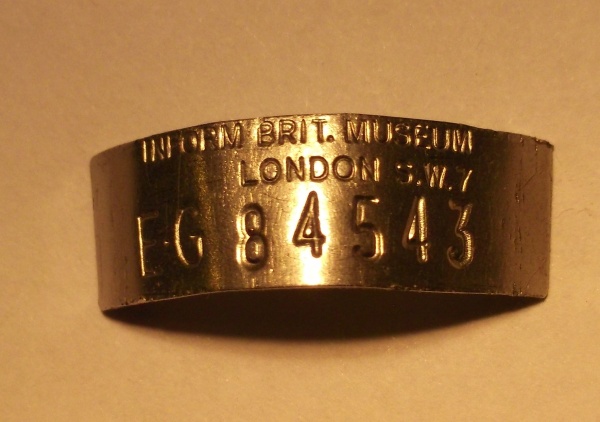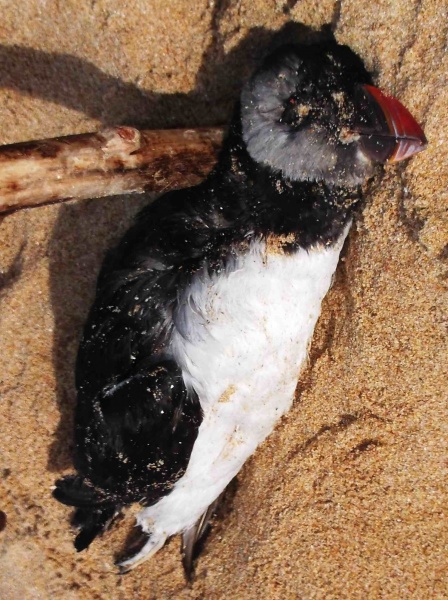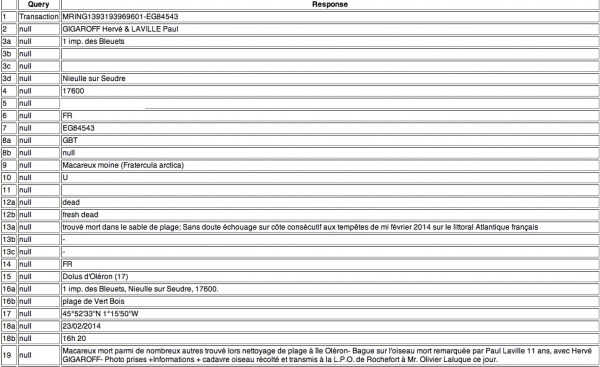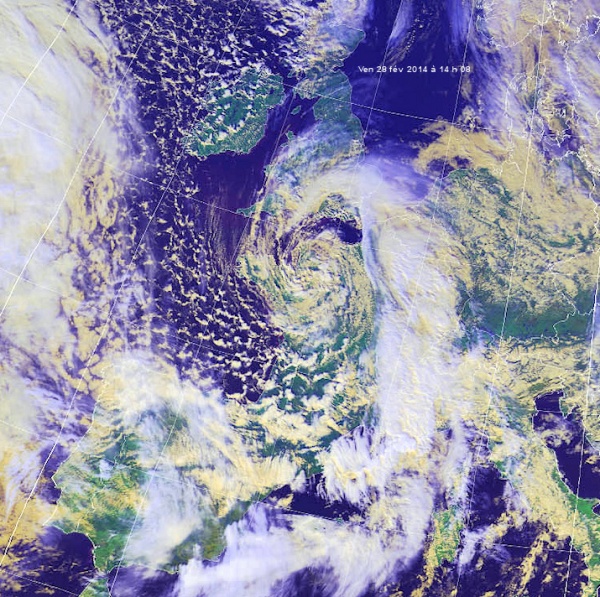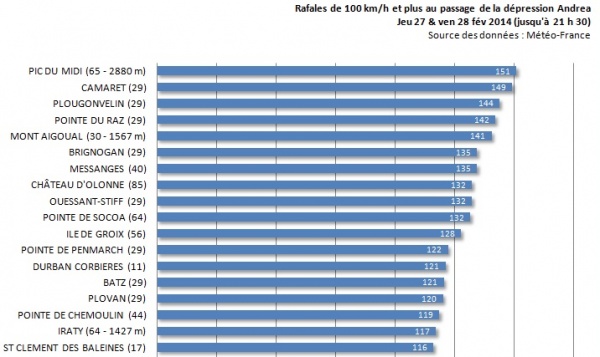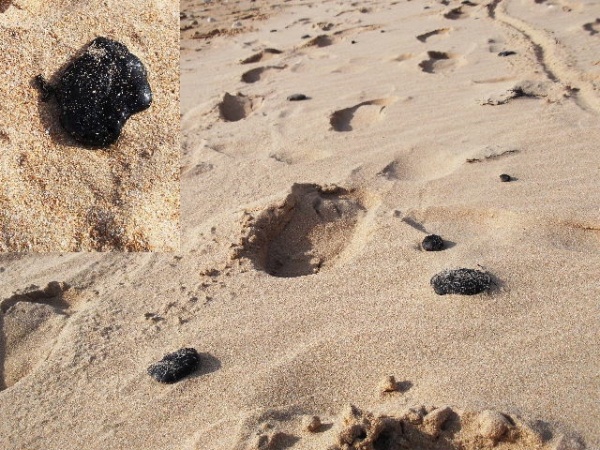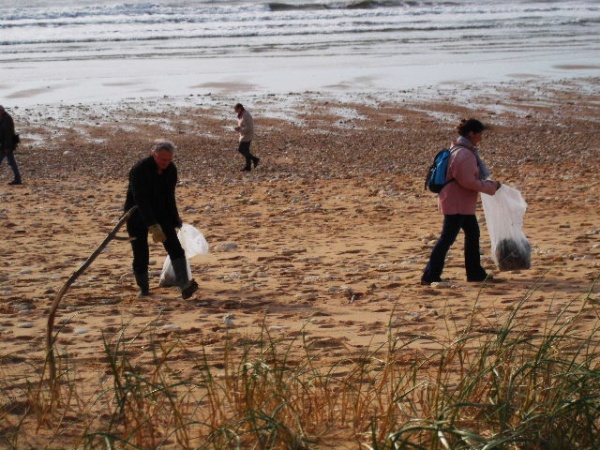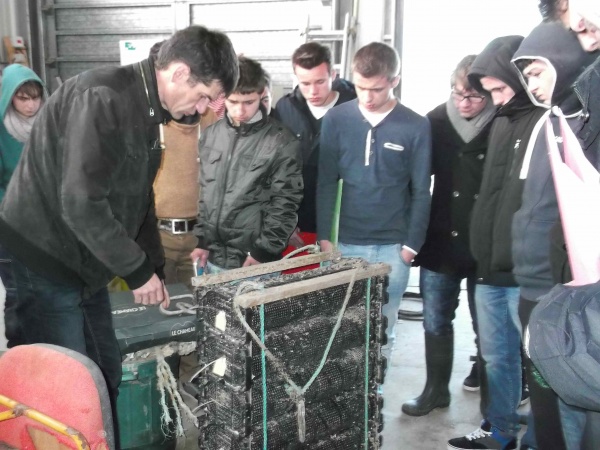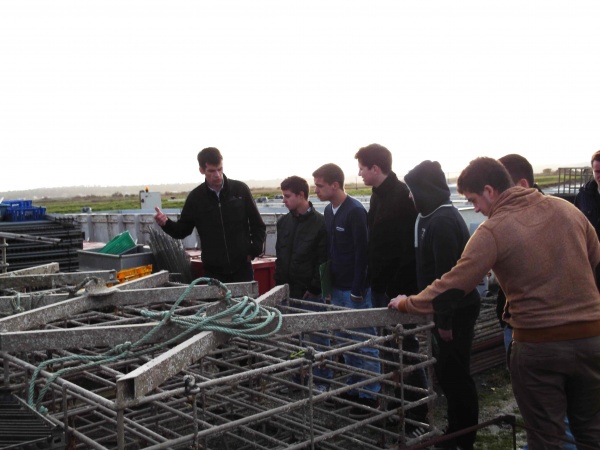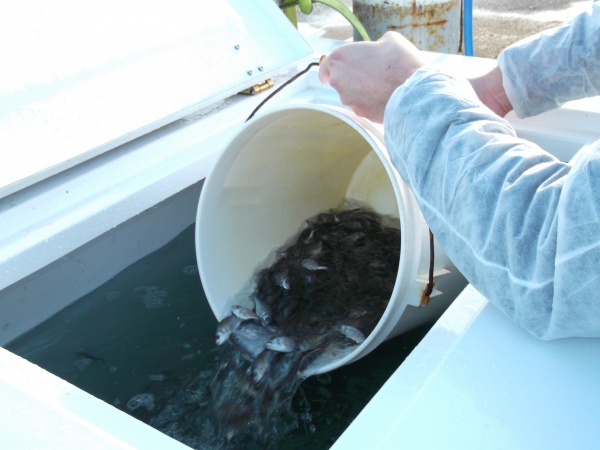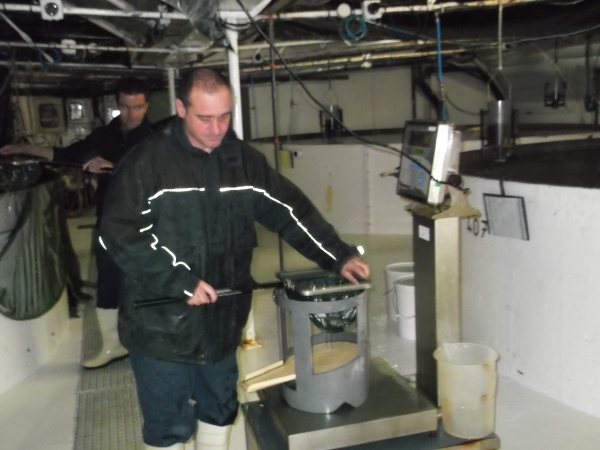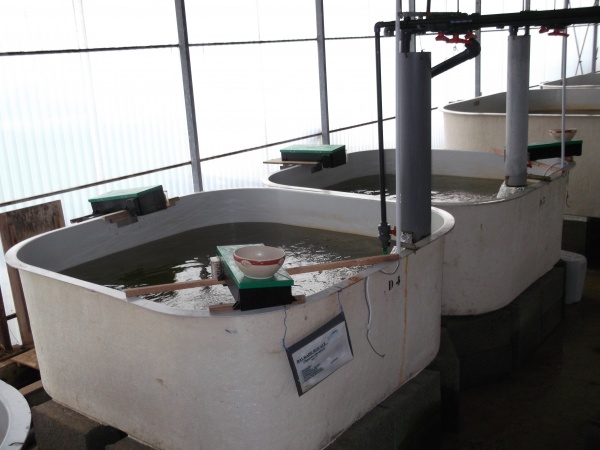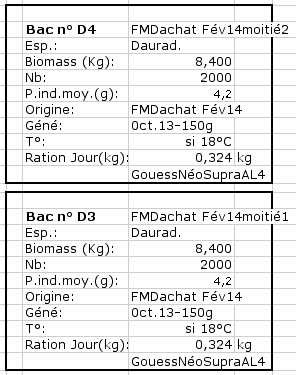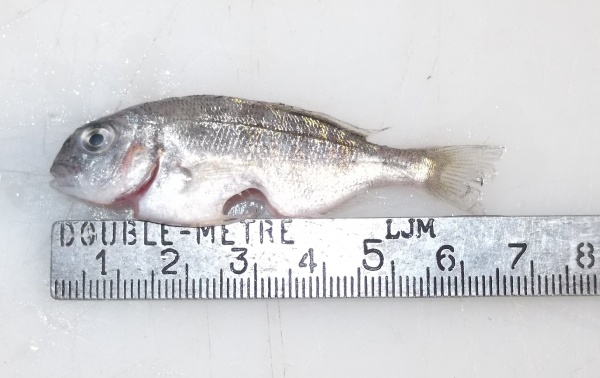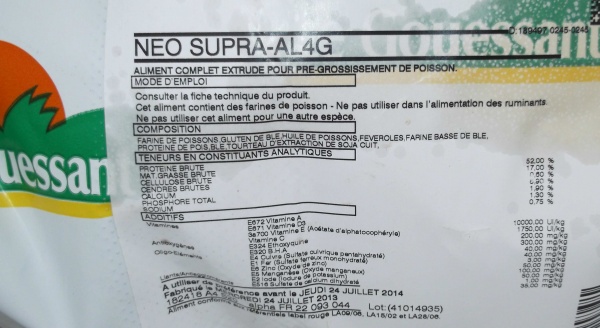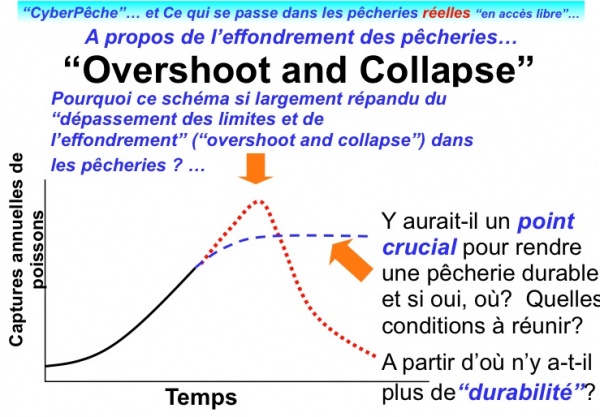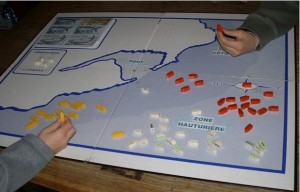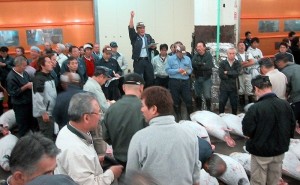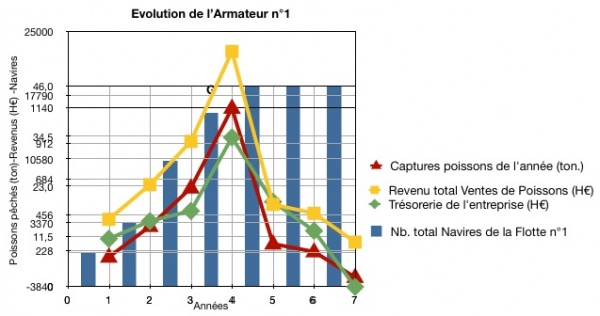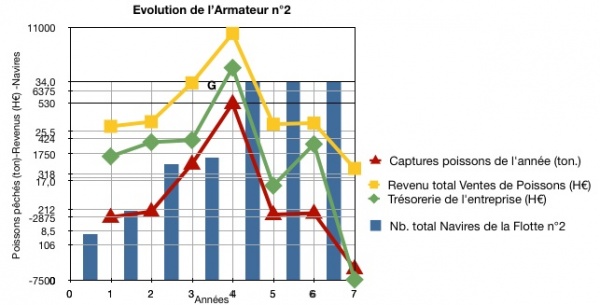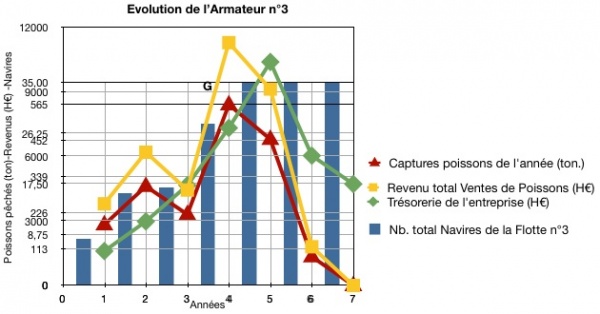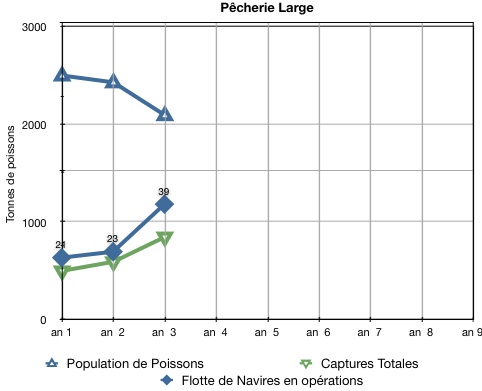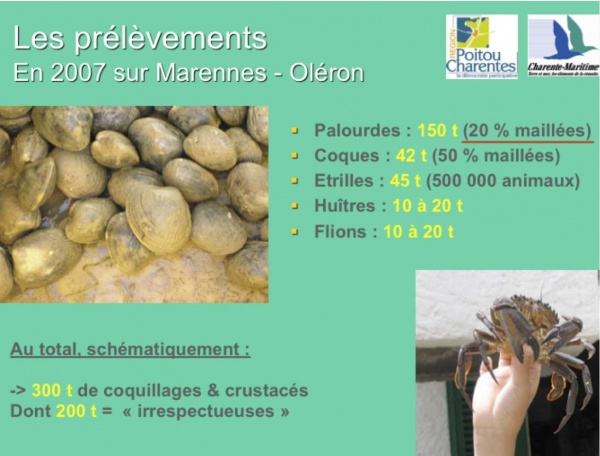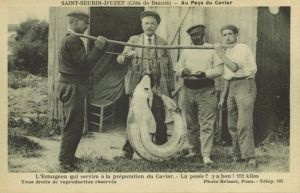2.29. “The One Ring , One Ring to find them, One Ring to follow their migration of them all…” and the wrath of Poseidon in Marennes-Oléron, Feb. 2014 – following 6.27. (2) [for Comenius “The Sea”]
2.29. “Un anneau unique, Un anneau pour les trouver, Un anneau pour connaître leurs déplacements à tous…”, and Colère de Poséidon sur les côtes de Marennes-Oléron en Février 2014 – suite de 6.27 (2) [pour Comenius “The Sea”]
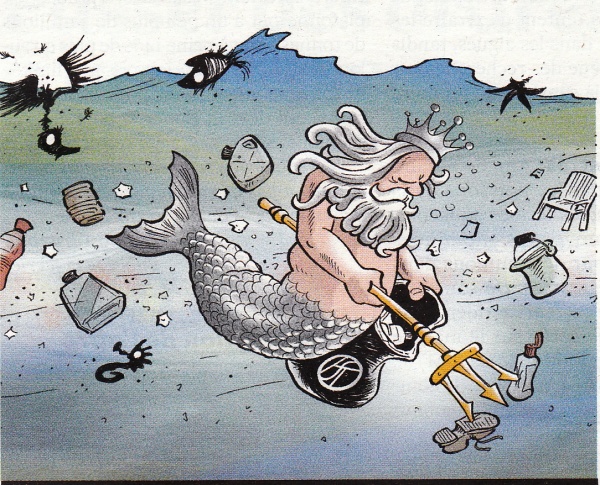 (Dessin de A. Ballaman, repris par “Courrier International” pour illustrer un article titré “Cet écosystème marin né du plastique. – Sur “déchets plastiques à Oléron, voir page précédente )
(Dessin de A. Ballaman, repris par “Courrier International” pour illustrer un article titré “Cet écosystème marin né du plastique. – Sur “déchets plastiques à Oléron, voir page précédente )
• Echouages massifs & mortalités d’oiseaux marins à Oléron en Fév. 2014 : Comprendre”Migrations” & “Colères Météo” …
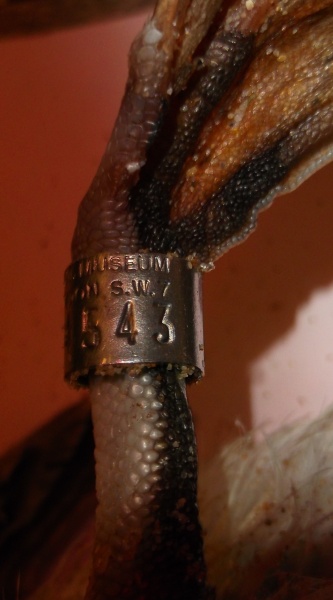
( Maybe a “Macareux moine, an Atlantic puffin, –Fratercula arctica– coming from the Feroe or other danish islands ?…)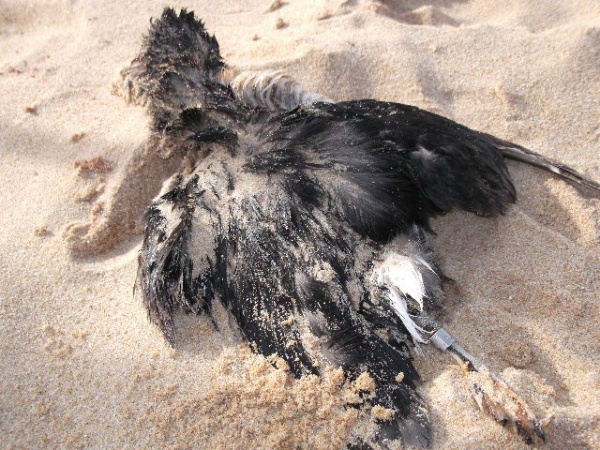
Photos perso: Maquareux moines morts sur une plage d’Oléron, après les tempêtes de Février 2014, dont 1 bagué. Détails de la bague.
• Reçu du Britih Museum / B.O.T.:
“Thank-you for reporting a ringed bird.
Thank you very much for reporting a ringed bird. Ring recoveries provide important information on the survival and movements of birds and we value every report.
You have made your report via a website operated by EURING on behalf of all European bird ringing schemes. Your report has been forwarded to the Scheme that issued the ring that you found. They will determine the ringing details of the bird and will then write to you to tell you when and where the bird was ringed. If you need to make any enquiries about your report please contact the relevant scheme, whose details are given below.
What to do with the ring?
Please keep hold of the ring in case we need to check details later.
The information that you reported is listed below.
If you find any errors in this information please inform the Scheme directly.
BTO, The Nunnery, Thetford IP24 2PU”
• La succession des tempêtes et dépressions sur l’Atlantique Nord en Février 2014: “Petra” puis “Qumaira” puis “Ruth”, puis… pour finir avec “Andrea”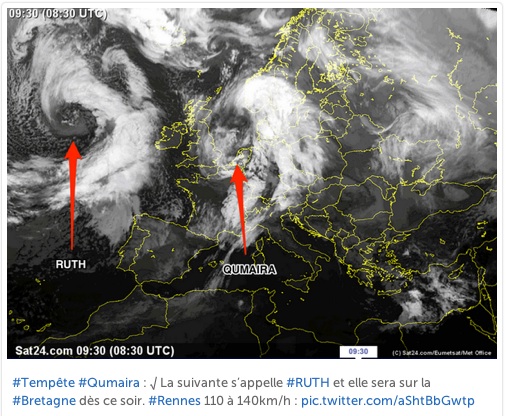
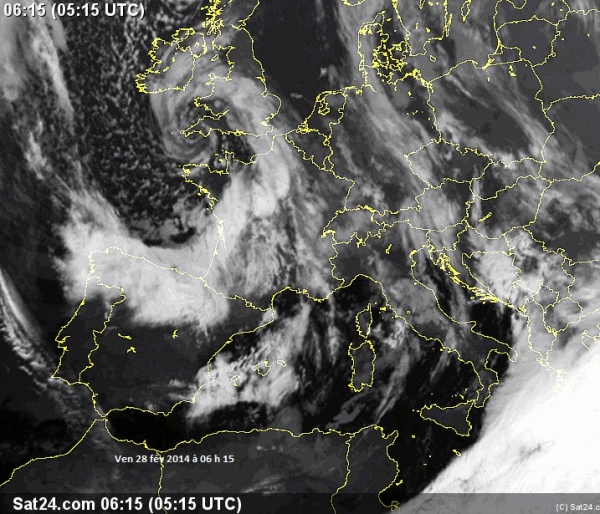
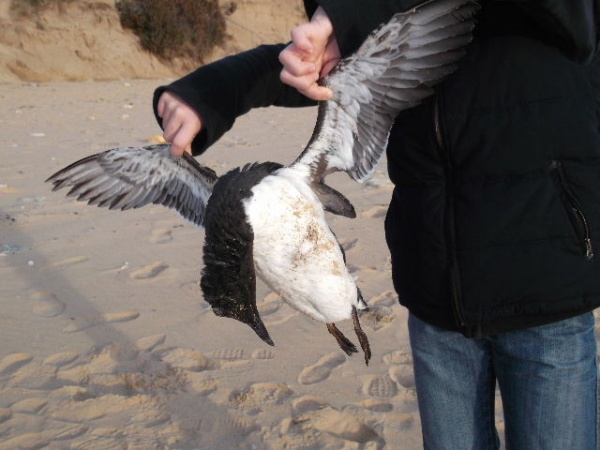 Photo perso: Guillemot de Troïl mort sur une plage d’Oléron, après les tempêtes de Février 2014.
Photo perso: Guillemot de Troïl mort sur une plage d’Oléron, après les tempêtes de Février 2014.
“Affaiblis et épuisés par les tempêtes successives, plus de 21 000 oiseaux marins morts se sont échoués sur les plages du littoral atlantique depuis fin janvier, une « hécatombe » sans précédent depuis au moins un siècle, a annoncé mercredi 26 février la Ligue de protection des oiseaux (LPO).
Au 24 février, du Pays basque au Finistère sud, on comptabilisait 21 341 oiseaux morts et 2 784 acheminés dans les centres de sauvegarde. Le macareux moine ou le guillemot de Troïl sont les espèces les plus touchées et, dans une moindre mesure, le pingouin torda.”
(selon “Le Monde” du 26/2/2014 ).

